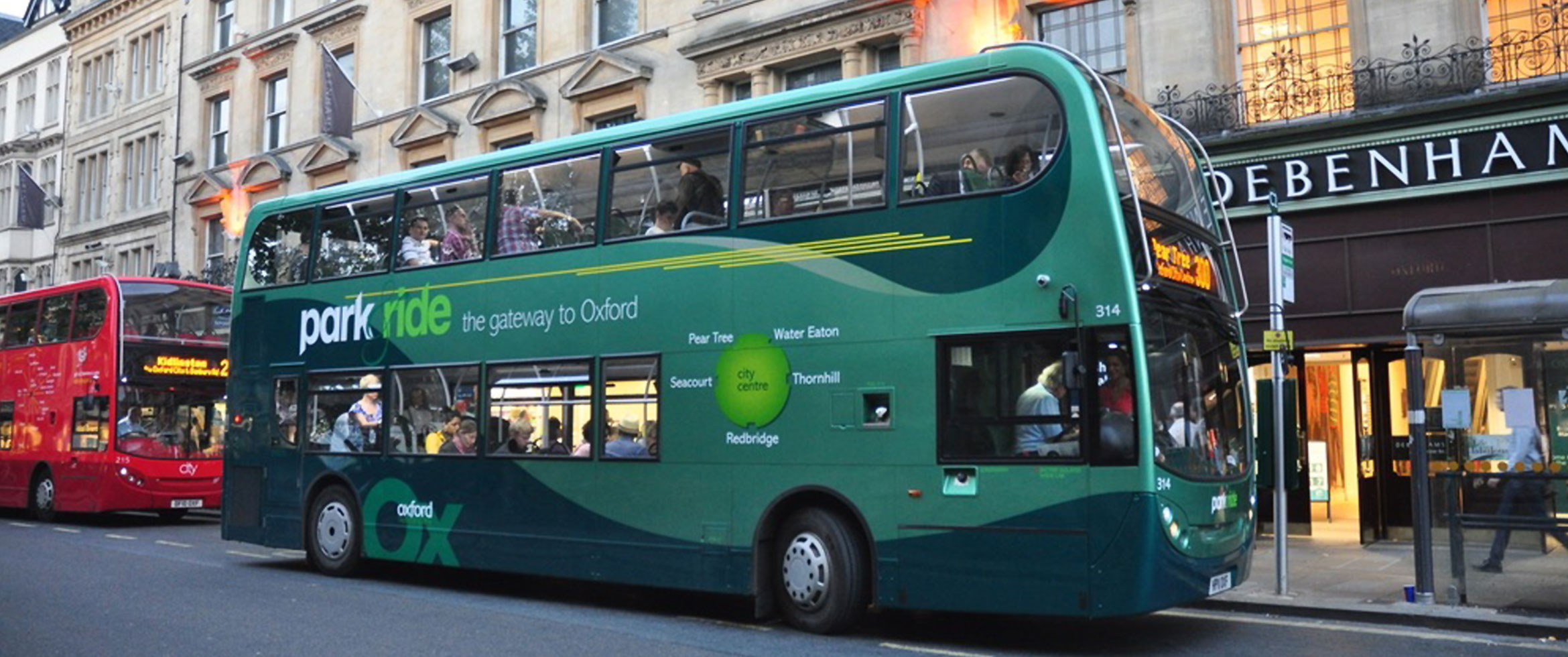Can Commitment Change Behavior? A Case Study of Environmental Actions
Katzev, R. & Wang, T. Can commitment change behavior? A case study of environmental actions. Vol. 9. 1994. 13-26.
Social Value Orientations and Decisions to Take Proenvironmental Action
Cameron, L. D., Brown, P. M. & Chapman, J. G. (1998). Social value orientations and decisions to take proenvironmental action. Journal of Applied Social Psychology, 28, 8, 675-697.
Psychology's Role in the Conserving Society
Oskamp, S. (1983). Psychology's role in the conserving society. Population and Environment Behavioral and Social Issues, 6, 4, 255-293.
Behavioural Responses to Climate Change: Asymmetry of Intentions and Impacts
Whitmarsh, L. (2009, March). Behavioural responses to climate change: Asymmetry of intentions and impacts. Journal of Environmental Psychology, 29(1), 13-23.
Desire to Change one's Multimodality and its Relationship to the Use of Different Transport Means
Diana, M., & Mokhtarian, P. (2009, March). Desire to change one's multimodality and its relationship to the use of different transport means. Transportation Research Part F: Traffic Psychology and Behaviour, 12(2), 107-119.
Why We Don't "Walk the Talk": Understanding the Environmental Values/Behaviour Gap in Canada
Huddart, E; Beckley, T M.; McFarlane, B L.; Nadeau, S. (2009). Why We Don't "Walk the Talk": Understanding the Environmental Values/Behaviour Gap in Canada. Human Ecology Review, 16(2) 151-160.
Extending Planned Environmentalism: Anticipated Guilt and Embarrassment Across Cultures
Kaiser, F., Schultz, P., Berenguer, J., Corral-Verdugo, V., & Tankha, G. (2008). Extending planned environmentalism: Anticipated guilt and embarrassment across cultures. European Psychologist, 13(4), 288-297.
Market segmentation analysis using attitudes toward transportation exploring the differences between men and women
Beirão, G., Cabral, J.S. (2008). Market segmentation analysis using attitudes toward transportation exploring the differences between men and women. Transportation Research Record, (2067), pp. 56-64.
What Affects Use of Pretrip Public Transport Information?: Empirical Results of a Qualitative Study
Farag, S., Lyons, G. (2008). What affects use of pretrip public transport information?: Empirical results of a qualitative study. Transportation Research Record, (2069), pp. 85-92.
Attitude-Based Target Groups to Reduce the Ecological Impact of Daily Mobility Behavior
Hunecke, M., Haustein, S., Böhler, S., & Grischkat, S. (2010). Attitude-based target groups to reduce the ecological impact of daily mobility behavior. Environment and Behavior, 42(1), 3-43.



